The CEO of Air India (AI, Delhi International) has called on the Indian government to continue carefully managing any additional capacity rights it allocates to foreign carriers, arguing that local airlines need the chance to grow first and become more effective competitors.
“I think the strategy is to contain traffic rights expansion so that local airlines have the opportunity to spin up and attain scale and become competitive," Campbell Wilson told the Hindustan Times, adding that traffic liberalisation can and should happen after this occurs.
"A balance that has to be struck, allowing the market to grow but also incubate your local market because that's fundamentally the most beneficial thing you can do for the economy," he said. "The idea is to support Indian aviation. I think it's the right thing to do for the development of Indian aviation, and also Indian business and international connectivity."
Multiple foreign operators are seeking new or additional traffic rights in and out of India. However, the Indian government has declined to grant them, being keen to shore up the local aviation sector first. Wilson specifically called out the threat posed by the Gulf airlines, which carry large amounts of sixth freedom traffic.
According to ch-aviation Commercial Aviation Operator Capacity Data data, 85 airlines offer scheduled passenger flights in and out of India, with the top ten carriers providing 62.15% of the total weekly seat capacity. IndiGo Airlines is in the top spot with a 16.56% market share, followed by Air India with a 11.88% share. Third is Air India subsidiary Air India Express with a 7.48% market share. Vistara, a Tata Sons joint venture with Singapore Airlines and soon to be merged with Air India, is in sixth place with 3.69% market share. Gulf carriers Emirates and Etihad Airways take the fourth and fifth spots, respectively. Rounding out the top ten are Singapore Airlines, SpiceJet, Qatar Airways, and Oman Air.
Wilson's comments come after the Tata Sons-controlled airline has embarked on a massive restructuring and fleet upgrade. It presently operates 131 aircraft, but has 497 on order. Before the full complement of these aircraft arrive, Air India's market share will grow when it closes the Vistara merger, expected to occur in 2024. Adding the market shares held by Tata's low-cost carrier interests, the combined Tata-controlled airlines already dominate on routes to and from India, when measured on raw seat capacity numbers.
Nonetheless, Wilson highlighted carriers such as Emirates, pointing out that 60%-70% of the traffic Emirates carries in and out of India is to and from ports beyond Dubai. These people are flying "somewhere else that Indian carriers can carry people to."
Emirates wants to increase its weekly capacity in and out of India by 50,000 seats, a request the Indian government has not yet approved. Emirates President Tim Clark has argued that the additional capacity would add value to the Indian economy. IATA Director General Willie Walsh thinks the Indian government's position on foreign carrier access is reminiscent of an “old protectionist India.”
- Type
- Base
- Aircraft
- Destinations
- Routes
- Daily Flights
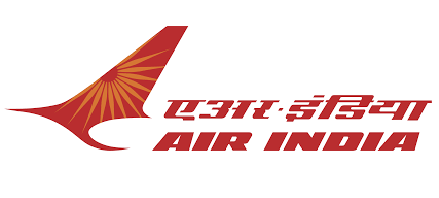
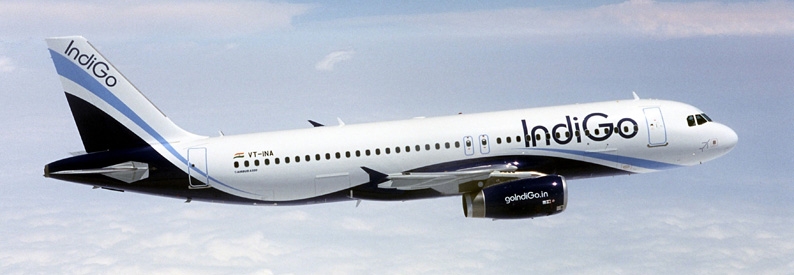
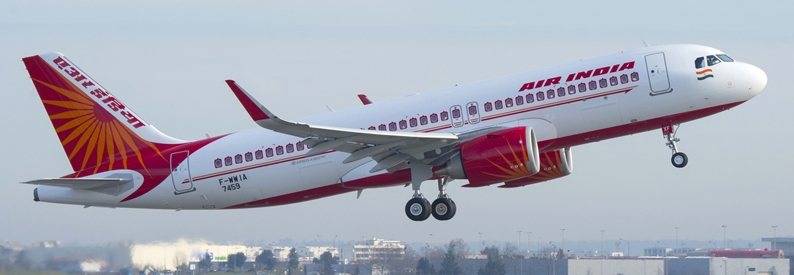
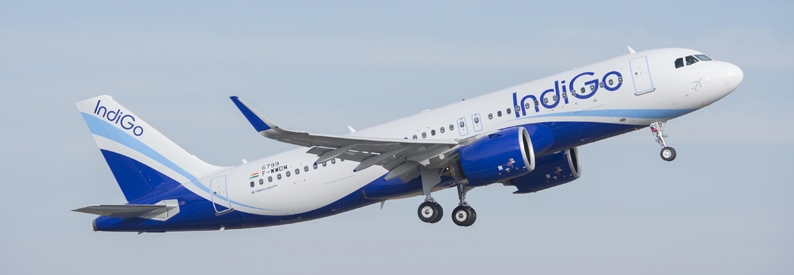
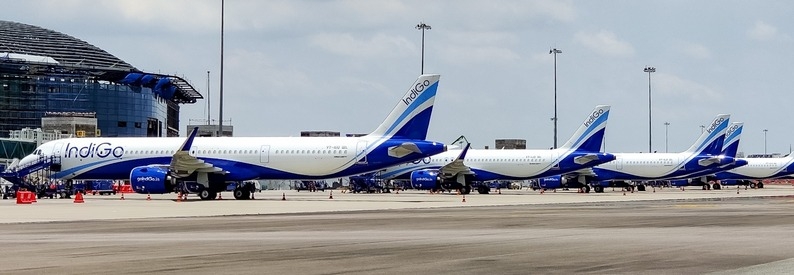
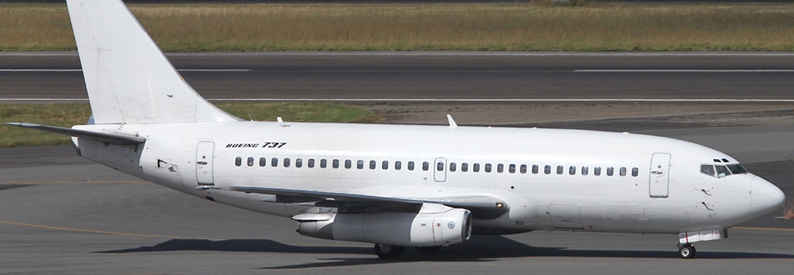
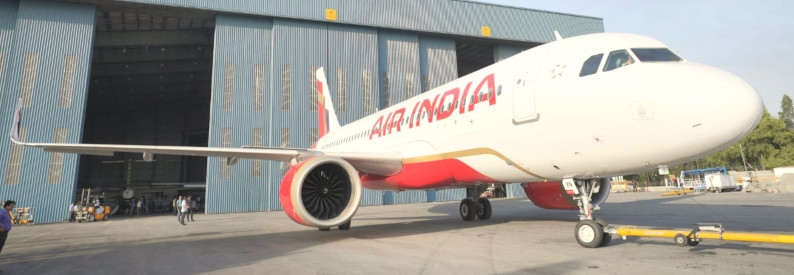
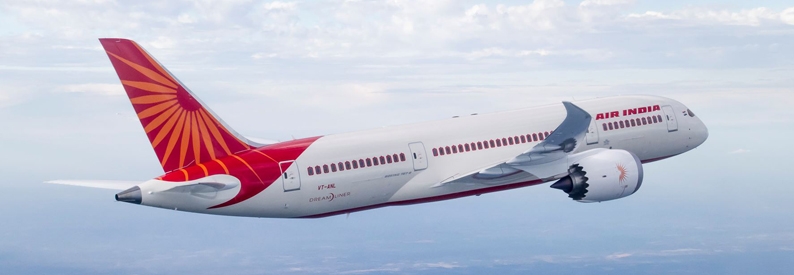
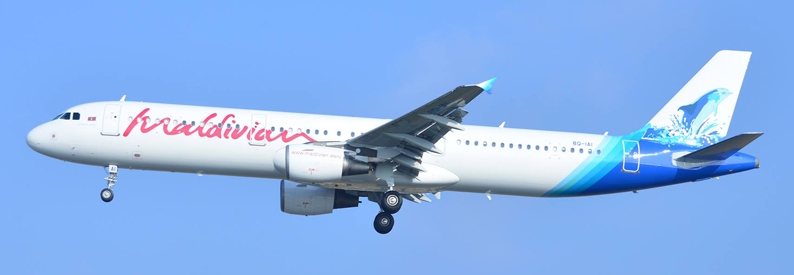
Editorial Comment: Corrects Vistara's ownership - 05Jan2024 - 08:29 UTC